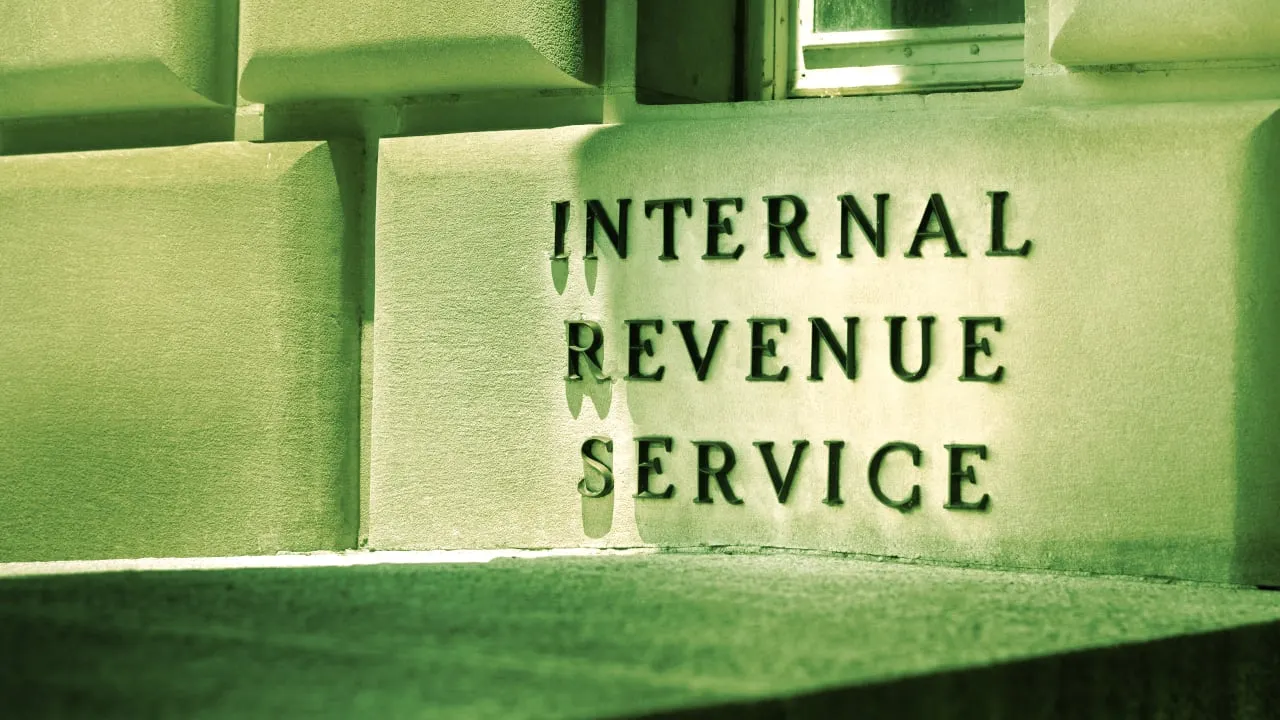The U.S. Internal Revenue Service (IRS) has been granted the authority to issue a 'John Doe' summons to M.Y. Safra Bank, a court in New York ruled on Thursday. The summons will oblige the bank to produce information about customers who may have failed to report and pay taxes on crypto transactions through prime dealer SFOX.
In its petition in support of the summons, the IRS pointed to “significant tax compliance deficiencies” related to cryptocurrency transactions made through the SFOX platform.
“Taxpayers who transact with cryptocurrency should understand that income and gains from cryptocurrency transactions are taxable,” U.S. Attorney Damian Williams said in a statement, adding that the information sought by the summons “will help to ensure that cryptocurrency owners are following the tax laws.”
SFOX, which has over 175,000 registered users who have collectively undertaken more than $12 billion in transactions since 2015, connects crypto exchanges, over-the-counter (OTC) virtual currency brokers, and liquidity providers.
M.Y. Safra Bank partnered with SFOX in 2019 to offer its customers cash deposit accounts backed by the Federal Deposit Insurance Corporation, with users being able to use those accounts to buy and sell digital assets.
“The government’s ability to obtain third-party information on those failing to report their gains from digital assets remains a critical tool in catching tax cheats,” said IRS Commissioner Charles Rettig.
According to Rettig, the court decision to grant the summons “reinforces our ongoing, significant efforts to ensure that everyone pays their fair share.”
“Taxpayers earning income from digital asset transactions need to come into compliance with their filing and reporting responsibilities,” he added.
[ad-block /]
IRS hunts crypto tax evaders
This is not the first time a U.S. court has granted the IRS the right to collect the data of customers involved in cryptocurrency transactions.
In August this year, a California court’s ruling authorized the U.S tax agency to serve a summons against SFOX, asking for information about any "U.S. taxpayers who conducted at least the equivalent of $20,000 in transactions in cryptocurrency between 2016 and 2021 with or through SFOX.”
Some individuals included in a petition included a person who was “allegedly involved in a Ponzi scheme” and received approximately $1 million in deposits through SFOX, but did not report it to the IRS in 2016, 2017, or 2018. Other people allegedly deposited thousands of dollars worth of Bitcoin and other cryptocurrency in SFOX accounts, exchanged it for dollars, transferred the money to personal bank accounts, and then failed to report any gain or loss from the transactions.
In 2017, courts gave the IRS permission to issue a 'John Doe' summons to crypto exchange Coinbase. That resulted in the company sharing information on approximately 14,000 of its users.
In April last year, courts again approved 'John Doe' summons issued to crypto exchange Kraken and Circle, the issuer of the stablecoin USDC.

